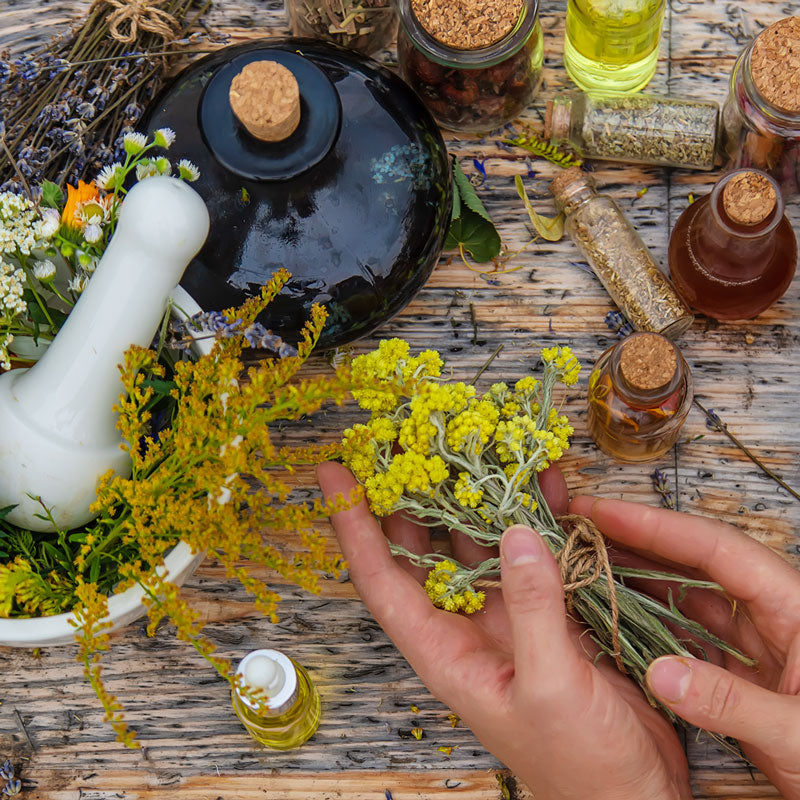The Rich History of Traditional Chinese Herbalism

Traditional Chinese Herbalism, a fundamental aspect of Traditional Chinese Medicine (TCM), has a history spanning over a thousand years. This practice has influenced modern herbal traditions worldwide, contributing to botanical formulations and natural wellness approaches. Food grade ethanol plays a significant role in herbal preparations, serving as a solvent in tinctures and extracts. Below, we explore the foundational principles and techniques that continue to shape herbalism today.
Understanding the Foundations
Chinese herbalism is guided by the principles of Yin and Yang and the Five Elements theory. The Yin-Yang philosophy emphasizes balance and harmony, while the Five Elements (Wood, Fire, Earth, Metal, and Water) correspond to different organ systems and functions within the body. This holistic perspective is central to traditional herbal formulations.
A Natural Apothecary
Throughout history, over 5,000 botanicals, minerals, and animal-derived substances have been cataloged in Traditional Chinese Materia Medica. These ingredients are prepared in various forms, including teas, powders, capsules, and tinctures. A key aspect of TCM is the use of herbal formulas, where multiple ingredients are combined to create synergistic effects.
Key Techniques and Practices
Chinese herbalism is distinguished by unique preparation methods that have been refined over centuries:
- Shennong Bencaojing: One of the earliest materia medica texts, describing hundreds of botanical properties.
- Decoctions: Herbs are brewed into teas to enhance their extraction potential.
- Pao Zhi (Processing Methods): Techniques such as roasting, steaming, or fermenting herbs to alter their potency and characteristics.
Influence on Modern Herbalism
Chinese herbalism has had a profound impact on modern herbal practices and naturopathy. TCM’s holistic approach, which emphasizes overall wellness rather than isolated concerns, has influenced contemporary natural health philosophies.
Many TCM botanicals, such as Astragalus and Ginkgo Biloba, have been incorporated into Western herbalism, with ongoing research exploring their potential applications.
Additionally, TCM’s preventive wellness approach, which includes lifestyle practices and balanced nutrition, aligns with modern preventive healthcare principles.

Chinese herbalism continues to influence global herbal traditions, serving as a reminder of the interconnected relationship between nature and well-being. By preserving and refining these time-honored practices, modern herbalists and researchers keep this ancient wisdom relevant in today’s world.
Disclaimer: This content is for educational purposes only and does not make medical claims. Consult a healthcare professional before incorporating herbs or tinctures into your wellness routine.








